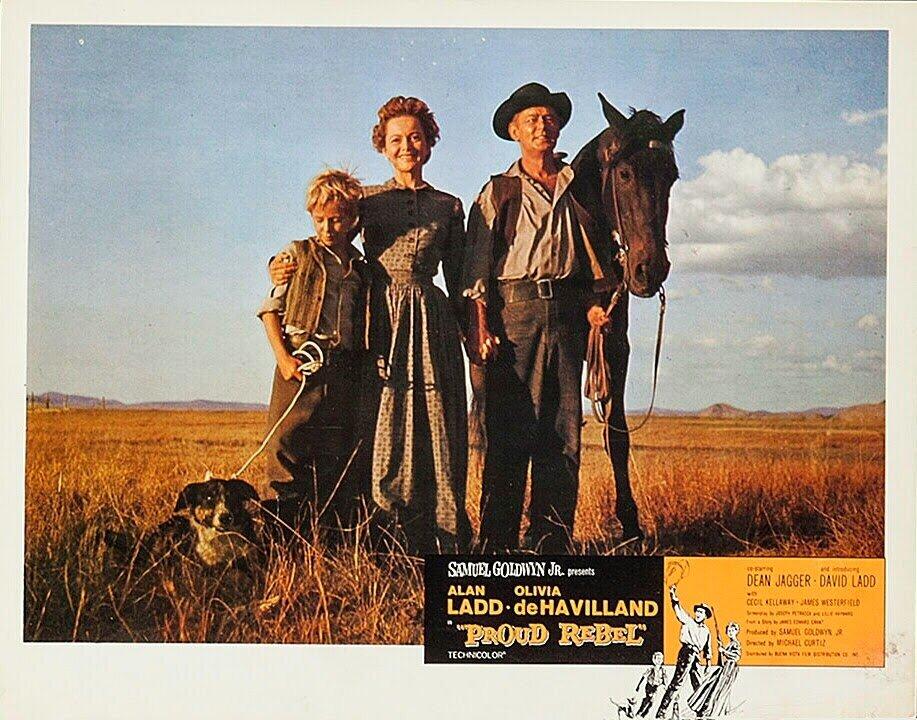PG | 1 h 43 min | Drama, Western | 1958
Weary from the Civil War, ex-Confederate soldier John Chandler (Alan Ladd) rides into an Illinois town. His 10-year-old son, David (David Ladd), so tiny he’s barely seen, sits back to back with his father and grins at his dog, Lance (King, a real-life champion border collie), trailing their horse.





